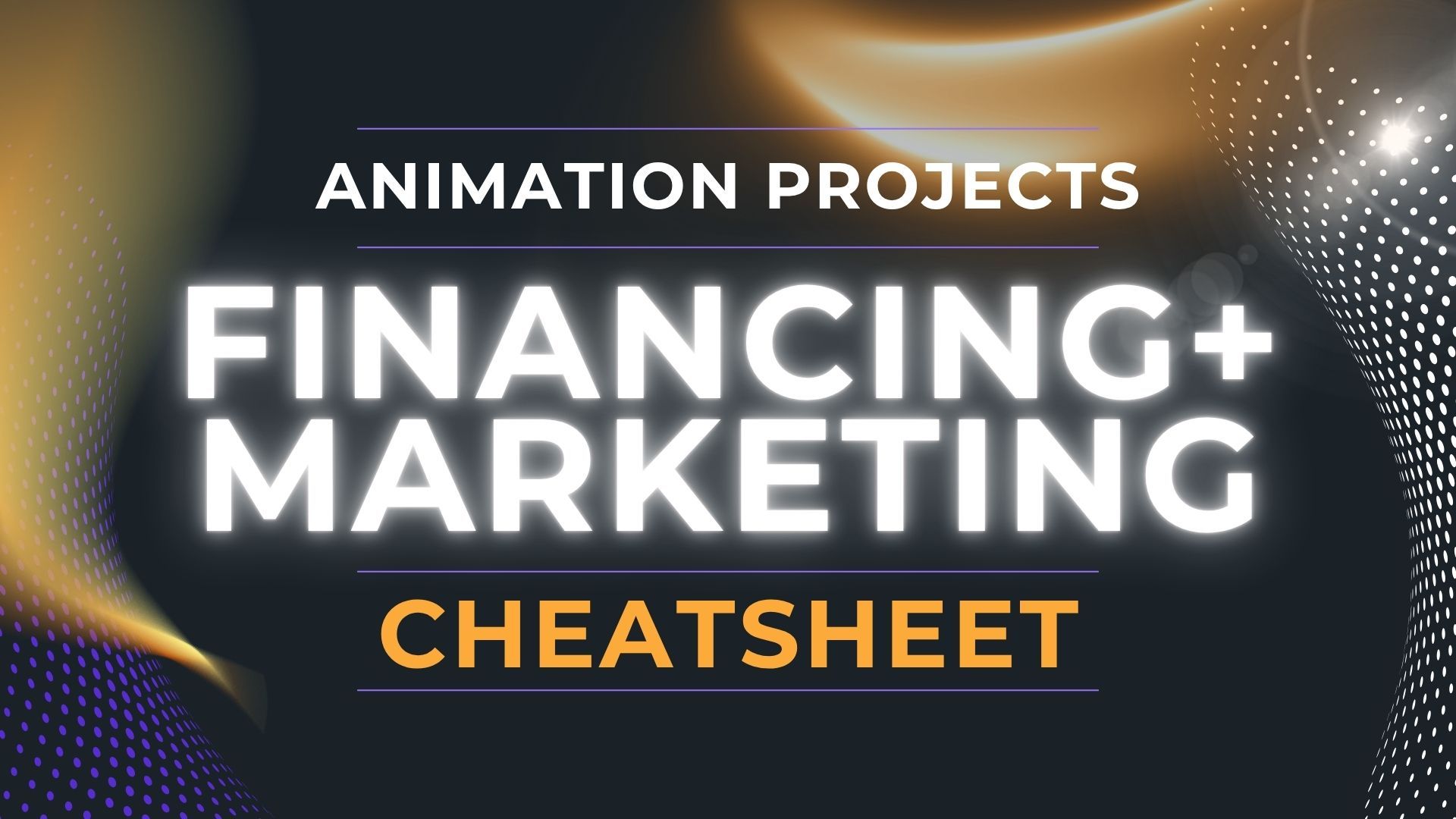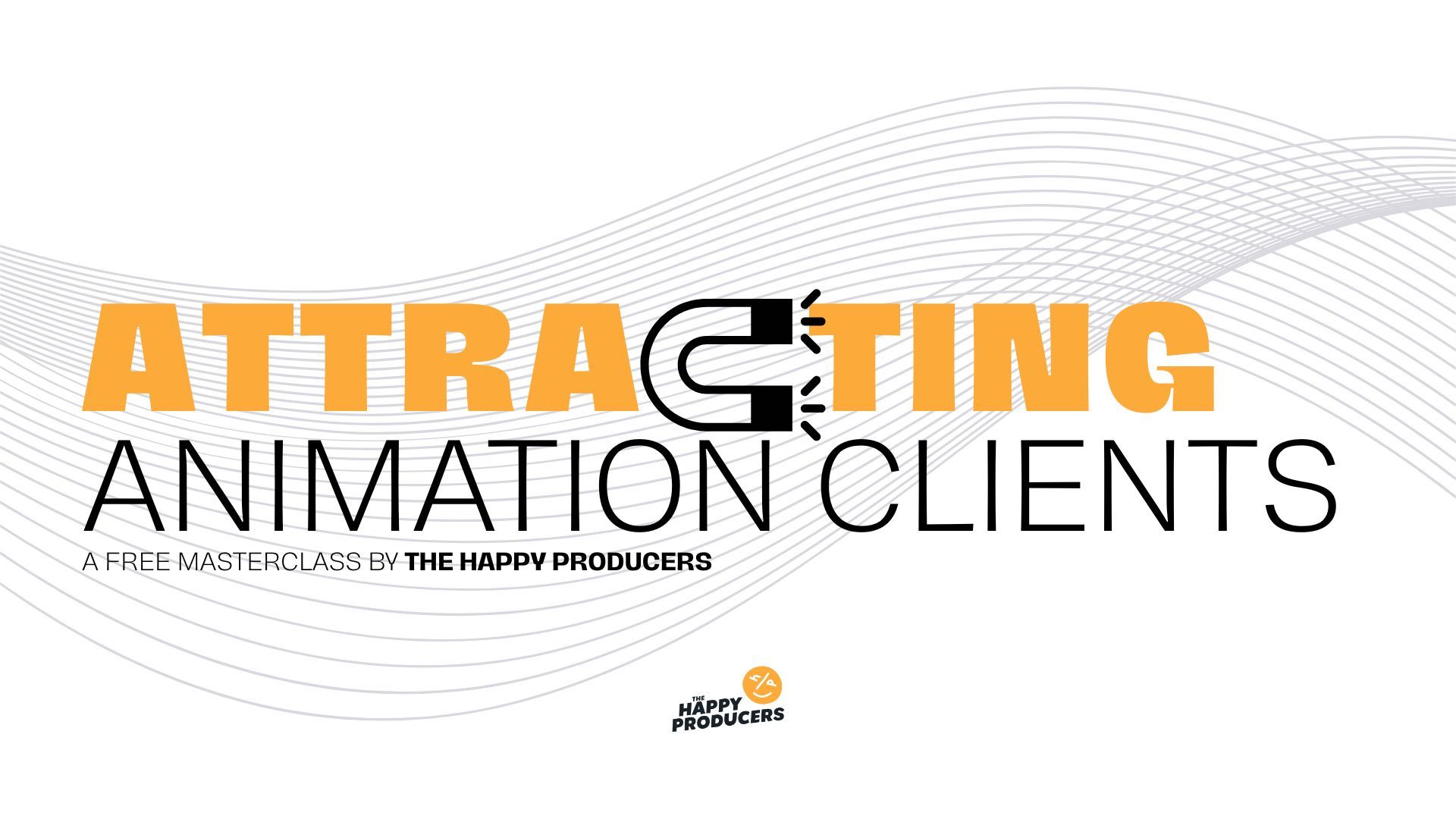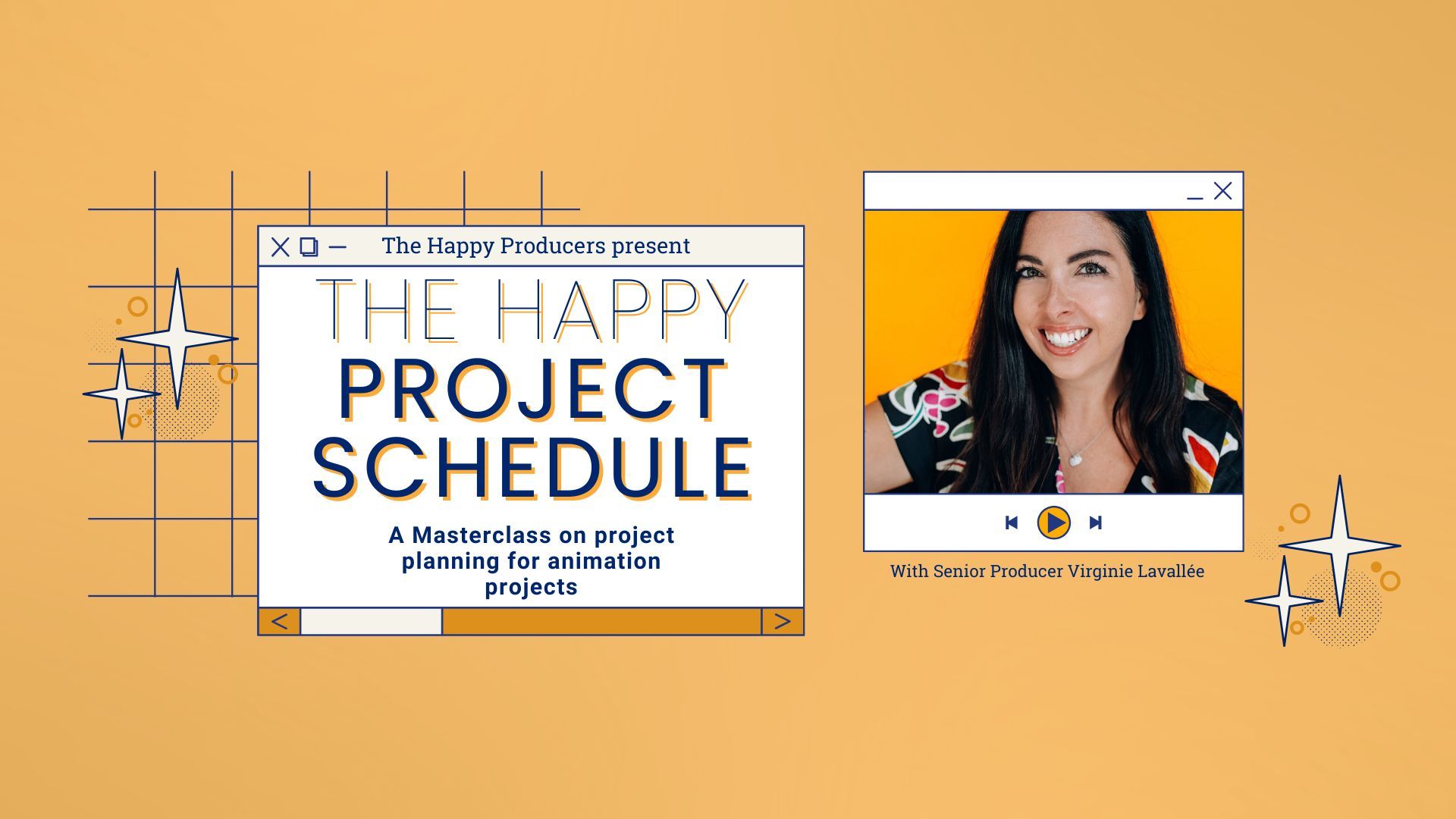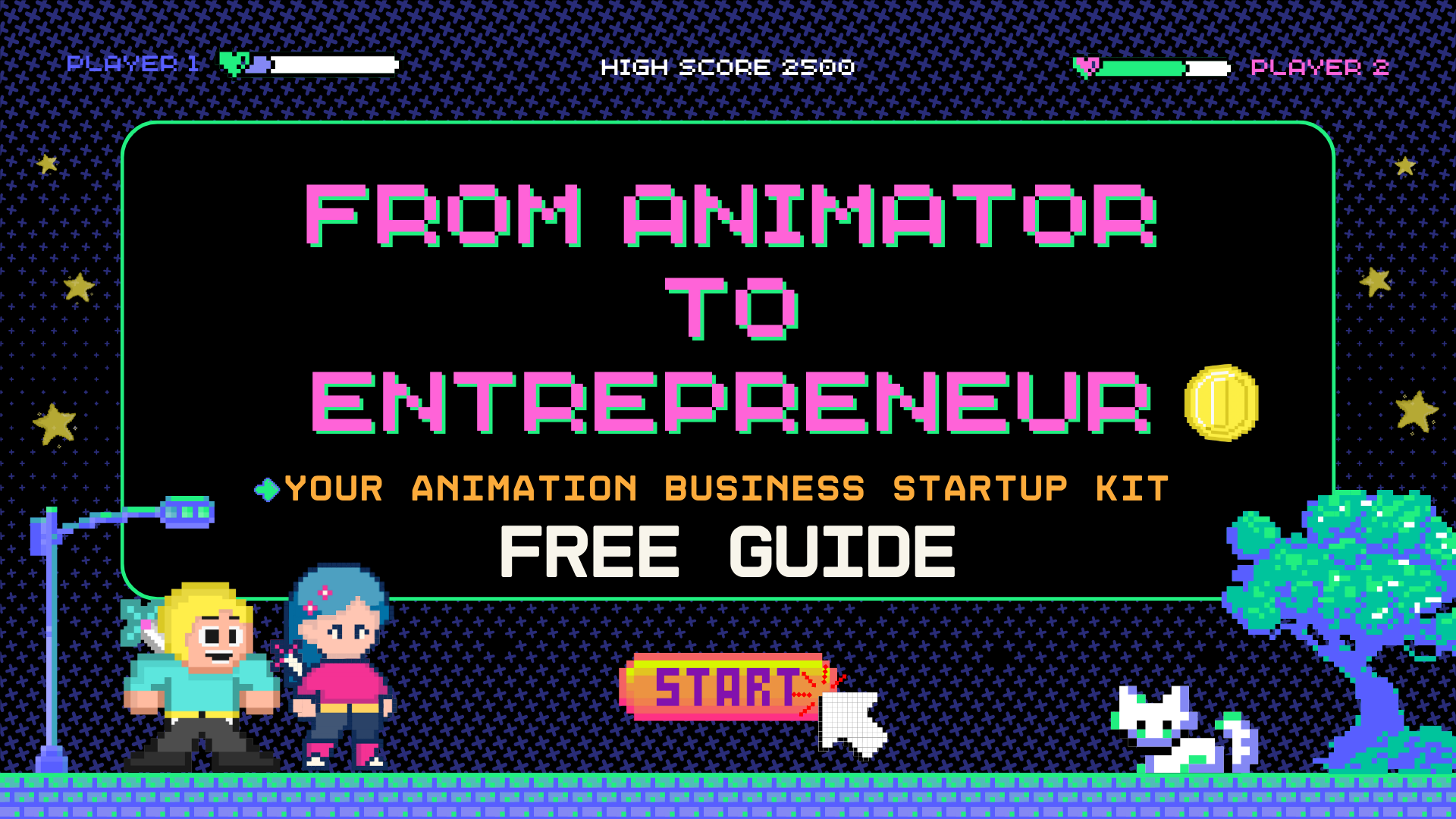The Ballpark Bid - Get My FREE Template!
Mar 18, 2024
The easiest way to bid an animated project, in minutes!
Bidding on animated projects is complex.
I’ll be frank: It is terrifying!
Why?
Because so many things can go wrong.
- Will the client change their mind?
- Will the team deliver?
- What about what I don’t know?
So much can go wrong! How can I bid with so many unknowns?
Although this anxiety can be very real, there is no need to panic.
I’ve been there.
A first assessment is very stress-inducing. We want to develop an estimate that will meet the client’s requirements while also being possible within the context of our team and our studio.
Faced with these uncertainties, I have seen how a team responsible for bidding would dive into a very detailed bid, trying to plan and predict everything that could go wrong on a project to ensure its feasibility and get back to the client with ‘ironclad confidence’ that we can deliver. However, when the client only has a preliminary brief or hasn't completed their financing, going through the loops of providing a total bid is a waste of time.
In our course, Bidding Winning Animation Projects, I cover this topic at length, detailing the steps from the first meeting with a client to the complete bid and scope of work.
THE NEXT BEST THING TO A 'YES' IS A QUICK 'NO'
The first step in the bidding process is assessing the compatibility between a studio and a project.
Does the team have the skills and knowledge to deliver? Is the client's budget aligned with their creative expectations? The faster we answer this question, the sooner everyone can either dive into getting to know each other through a formal bidding and scope of work process or go their separate ways. This is the gift of The Ballpark Bid, a quick and easy assessment based on a past project cost report and using the preliminary information provided by the client.
PAST DATA IS THE BEST PREDICTOR OF FUTURE DATA.
The ballpark bid was the number one trick that helped me make the first assessment of a project. My unique approach allows you to make a project assessment in minutes —yes, minutes.
Gathering the necessary data beforehand will take some time, but once you are set up, pulling out a ballpark bid is as easy as ordering sushi!
Here is what you'll need:
- Ask your accounting department to provide the cost report for past projects. The more detail they can provide about employees' names and positions, the better
- Then, regroup the data per department, for example:
- Management
- Art and design
- Modeling (if you can split between character modeling and locations/props, that would be even better!)
- Previz and layout
- Animation
- Etc.
- Also, ask your accountant for an overall cost breakdown of all overhead costs per project is ideal.
- Rent and services
- Software and Hardware
- You will also need to know the final profit for each project.
- Offering some donuts or chocolate helps in getting more detailed information.
Once you have gathered this data, you must compare each project with other projects in the same product line. Apples to apples.
In Bidding Winning Animation Projects, I teach about the different animation product lines and how important it is to put only the same animated projects in the same bucket. Your studio creates different products, so you have a few product lines in your pipeline. Identify those.
- Pre-school 2D
- Pre-school CG
- Teen Series action
- Teen series drama
- Low-budget feature films
- High-budget game cinematics
- Etc.
For more information about product lines, check out this blog post.
Thanks to the information provided by your accounting department, you can now compile information about the fabrication of your different product lines.
“But where do I put this information, LP?”
Well, thank you for asking. I have the perfect tool for you; you can download it here.
I have created a Ballpark Bid Template that allows you to compile information on your past project cost report into one document.
- Fill out your cost report categories in the white cells.
- Fill out the past costs in each category.
- Estimate your average cost per department.
Returning to my original stress-inducing question, how can I plan for the unplannable surprises and sudden client requests? Well, this is the beauty of this approach: you don’t need to care anymore. Your past project cost report included the problems, changes, extra costs, and unknowns—all the whatnots that make a project.
Thanks to your final cost report, you know precisely how much it costs to make this product (joy and pain included).
Once we realize the power of this tool, you will be tempted to geek out about it by pulling data about the production cost of various steps and assets. I would like to know the typical cost of creating main and secondary characters, previz, layout, and animation production per minute, as well as the cost of lighting and rendering a shot.
This information is reliable and replicable because I am basing this on past data. If a client comes in with a budget 50% smaller than my usual budget for this product line, I know I will need to pass on this project. However, if I am under 20% off target, I’ll know if this project might be a good fit once I clarify the scope of work with my client.
When a client comes to you with a new project, you only have to fill out the format (Time, number of episodes) and a rough asset breakdown, including the number of characters and locations, to determine whether we are a good fit and should continue the discussion. Don't give your clients all the power to pass on a project. You are in charge. Passing on a project that is not a good fit will allow you to focus on all those that are.
Happy bidding!
Would you like your production to be less stressful and even more efficient?
Stay connected with news and updates!
Join our mailing list to receive the latest news and updates from our team.
Don't worry, your information will not be shared.
We hate SPAM. We will never sell your information, for any reason.
